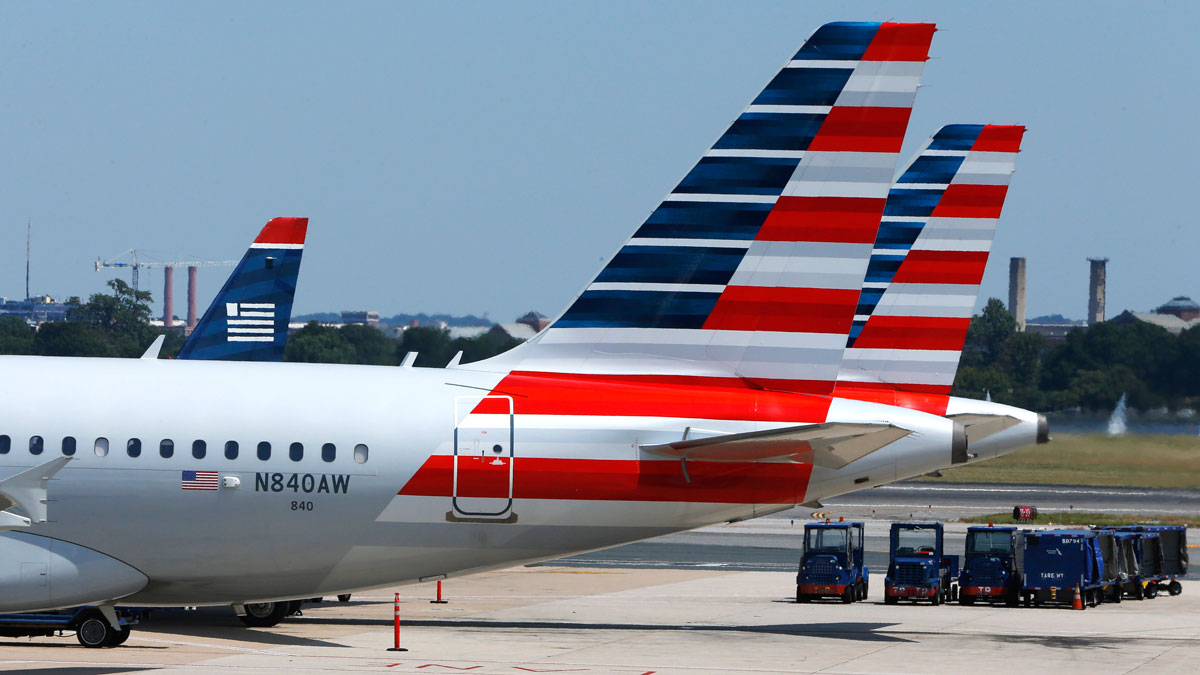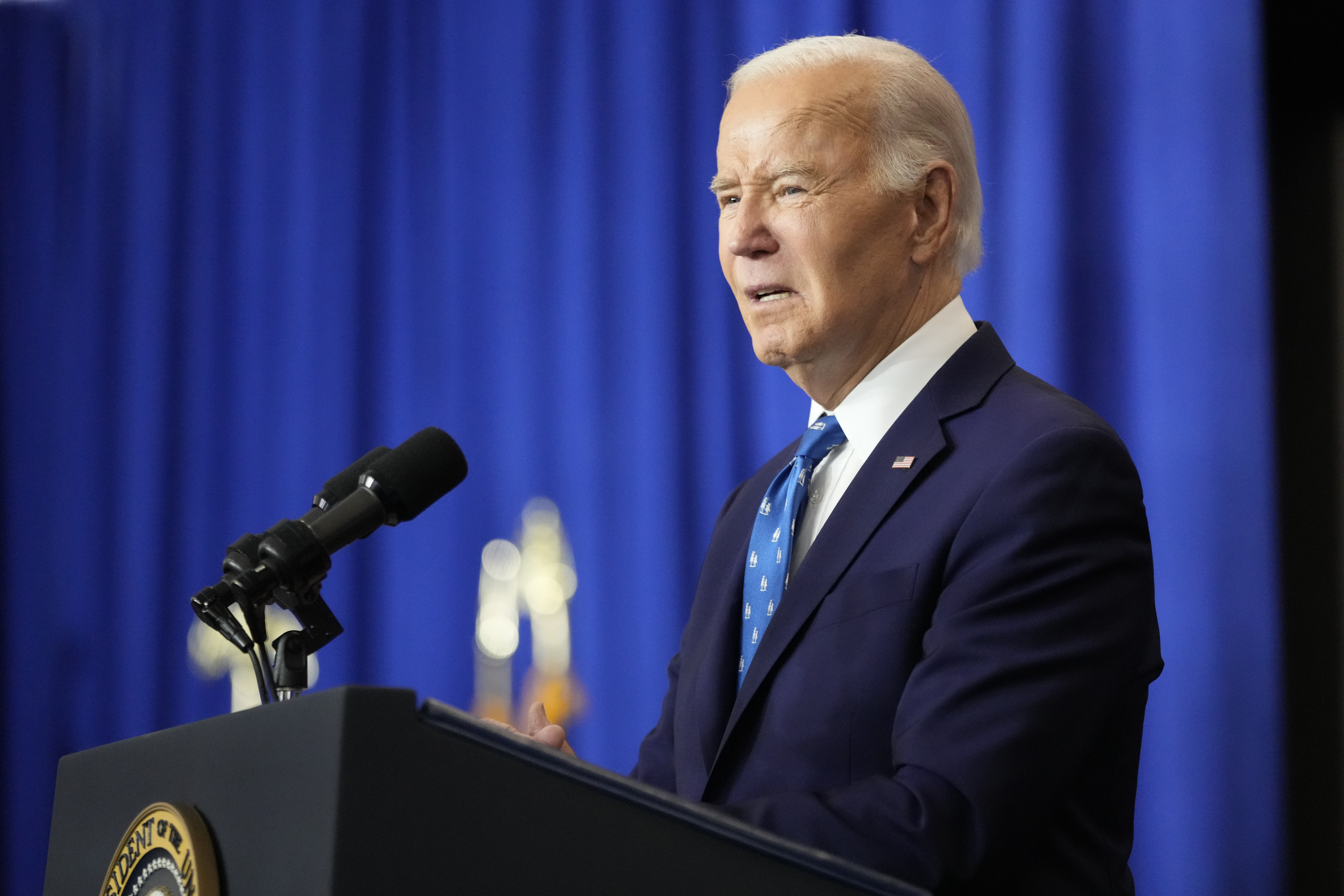Dozens more people have been taken into custody by Saudi authorities, the kingdom said Thursday, bringing to 201 the number detained in a sweep that investigators say has uncovered at least $100 billion in corruption.
Saudi critics and experts have called the unprecedented purge of top princes and businessmen a bold and risky move by Crown Prince Mohammed bin Salman aimed at consolidating power as he keeps an eye on the throne, sidelining potential rivals and dismantling alliances built with other branches of the royal family.
The sweep comes at a time of increased tensions between Saudi Arabia and its main regional rival, Iran, over the ongoing conflict and suffering in Yemen and a newly erupting political crisis in Lebanon.
Saudi Attorney General Saud al-Mojeb said 208 people had been called in for questioning, and that seven were released without charge, leaving 201 in custody.
The new figure is far larger than what was previously reported by the government, reflecting a continuing series of arrests throughout the week. The stunning purge began overnight Saturday, initially catching 11 princes and 38 officials, military officers and business leaders. They are being held at five-star hotels, including the Ritz-Carlton in Riyadh.
The 32-year-old crown prince, who is the son of King Salman and is popularly known by his initials MBS, is leading the investigation as head of a newly formed anti-corruption committee.
Among those detained are billionaire Prince Alwaleed bin Talal and two sons of the late King Abdullah, including Prince Miteb, who until Saturday had headed the powerful National Guard. Several years ago, he was considered a contender for the throne and was believed to have opposed MBS becoming crown prince.
U.S. & World
The government declined to identify many of the other individuals being questioned, saying it is respecting their privacy during this phase of the investigation.
An estimated 1,700 individual bank accounts have been frozen.
"The potential scale of corrupt practices which have been uncovered is very large," al-Mojeb said, adding that based on investigations in the past three years, at least $100 billion has been misused through corruption and embezzlement.
Al-Mojeb confirmed that action was taken to suspend personal bank accounts, but he did not disclose any figures. The government stressed that only personal accounts have been frozen, leaving businesses untouched.
Saudis have complained for years of rampant corruption and misuse of public funds by top officials in a system where nepotism is also widespread.
In recent years, Saudi families have also had to contend with austerity measures that have driven up costs while simultaneously being told they can no longer count on cushy government jobs.
Meanwhile, members of the sprawling royal family and their business associates had long been seen as operating above the law. Members of the royal family receive undisclosed monthly stipends from state coffers built up over years of high oil prices.
After oil prices fell three years ago without fully recovering, Saudi Arabia introduced new taxes and lifted some subsidies in order to boost revenue and cut government spending.
Supporters of MBS say fighting corruption is part of the crown prince's Vision 2030 plan, a blueprint for how to restructure the country and wean it from its dependence on oil revenue.
Faisal Abbas, the Saudi editor-in-chief of the daily Arab News, wrote in a widely shared column this week that the kingdom is "damned if it acts against corruption, damned if it doesn't."
"Anyone who understands who is who in Riyadh knows only too well that none of those arrested — whether royals or non-royals — has or would have had any political sway in the current climate whatsoever," he wrote.
"More importantly, it is just mind-boggling that very few are noticing the obvious; which is that all of those being detained are incredibly wealthy," Abbas added.
Still, independent Saudi observers say the anti-corruption probe targets only select members of the royal family, government and business community. Additionally, several of those arrested were ministers under King Salman, raising questions about where responsibility begins and ends.
While few would argue against allegations that some top princes and officials have enriched themselves during years in power, the selection of who has been detained raises speculation that the purge is political.
Prince Miteb's detention stands out because he was the last remaining prince of his generation in a position of real power, which made him a potential obstacle to the throne for MBS.
Earlier this year, the crown prince engineered the ouster of another more experienced prince from the line of succession.
Many also have questioned a recent purchase by MBS of a yacht estimated at anywhere between $200 million to $500 million.
Saudi observer Thomas Lippmann said it is difficult to draw the line between what constitutes corruption in Saudi Arabia and how business deals, contracts and access have been won over the years.
"I don't believe for a minute this is really about disrupting the payout system or corruption," said Lippmann, author of "Saudi Arabia on the Edge: The Uncertain Future of an American Ally."
"This is about getting rid of the centers of power," he said.
As the purge unfolded, U.S. President Donald Trump gave his stamp of approval, saying the king and the crown prince "know exactly what they are doing."
French President Emmanuel Macron told journalists in the United Arab Emirates that he wasn't making any judgments.
"This is not the role of a president, and similarly I would not expect a leader of a foreign country to come and infringe on domestic matters," Macron said.
Macron visited Saudi Arabia later Thursday and met with the crown prince. Their discussions likely also touched on the crisis in Lebanon sparked by the sudden and mysterious resignation of Prime Minister Saad Hariri. He announced his resignation in a pre-recorded message from Saudi Arabia earlier this week.
Hassan Nasrallah, the leader of Hezbollah and one of Lebanon's most powerful figures, has openly speculated that Saudi Arabia played a role in Hariri's resignation and might have been held against his will in the kingdom.
Saudi Arabia ordered all of its citizens to "immediately" depart Lebanon amid heightened tensions with Hezbollah and the militant group's patron, Iran. A brief statement carried by the state-run Saudi Press Agency also warned Saudis against travel to the country.
Saudi Arabia's Foreign Minister Adel al-Jubeir warned earlier this week that his government would "deal with" Lebanon as a hostile state as long as Hezbollah was in the government. He said Hezbollah's participation in government is an "act of war" against Saudi Arabia.
In Yemen, where a Saudi-led coalition has been battling Shiite rebels since March 2015, the United Nations and more than 20 aid groups said a blockade of all ports in the war-torn country was threatening to bring "starvation and death" to millions of people.
Unless the coalition lifts the blockade, Yemen will face "the largest famine the world has seen for many decades, with millions of victims," said U.N. humanitarian chief Mark Lowcock.
The coalition closed all ports and halted aid shipments after Yemen's Houthi rebels fired a ballistic missile over the weekend that was intercepted near Riyadh. Saudi Arabia blamed the strike on Iran, which supports the Houthis but has denied arming them.



